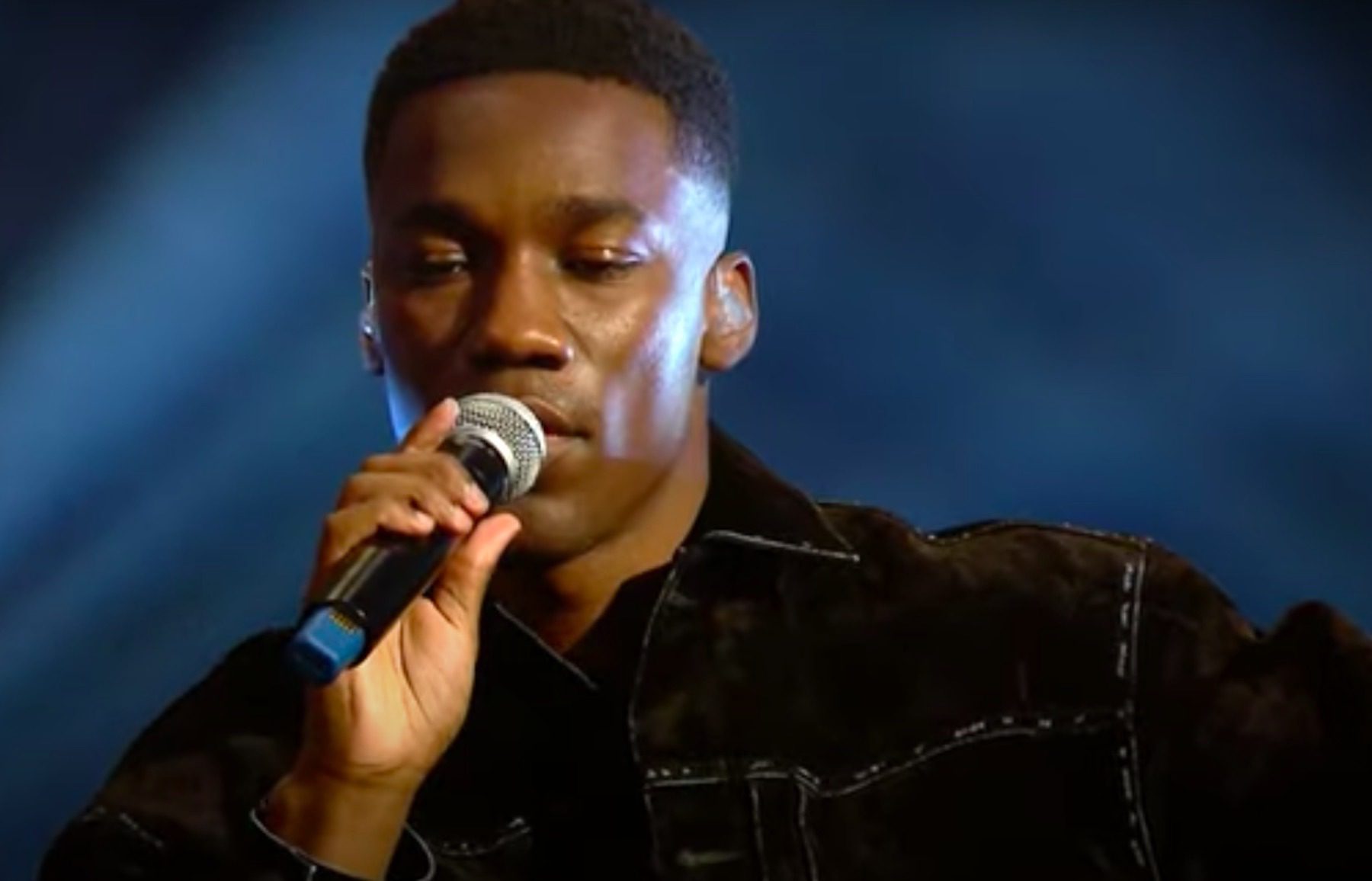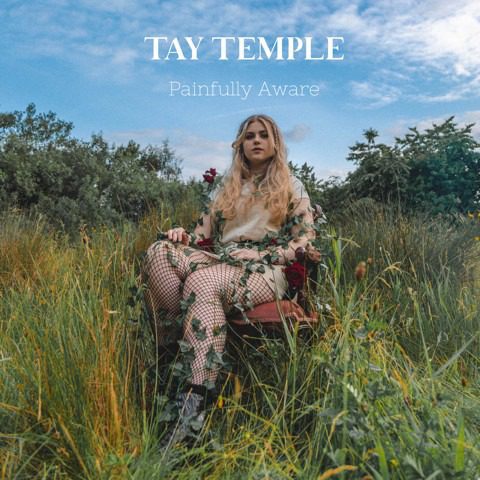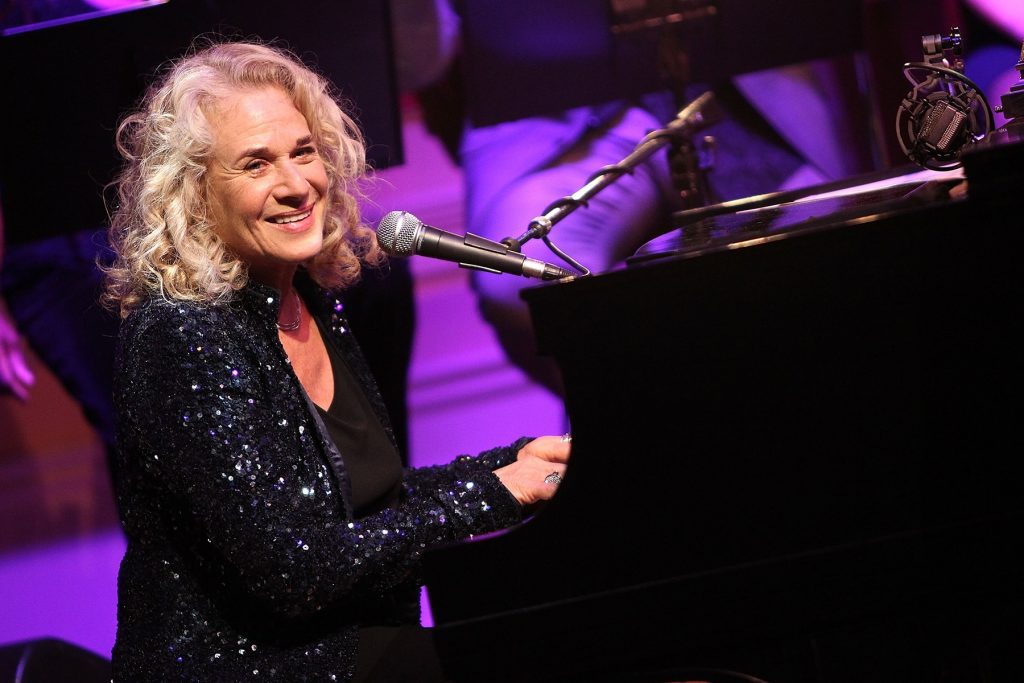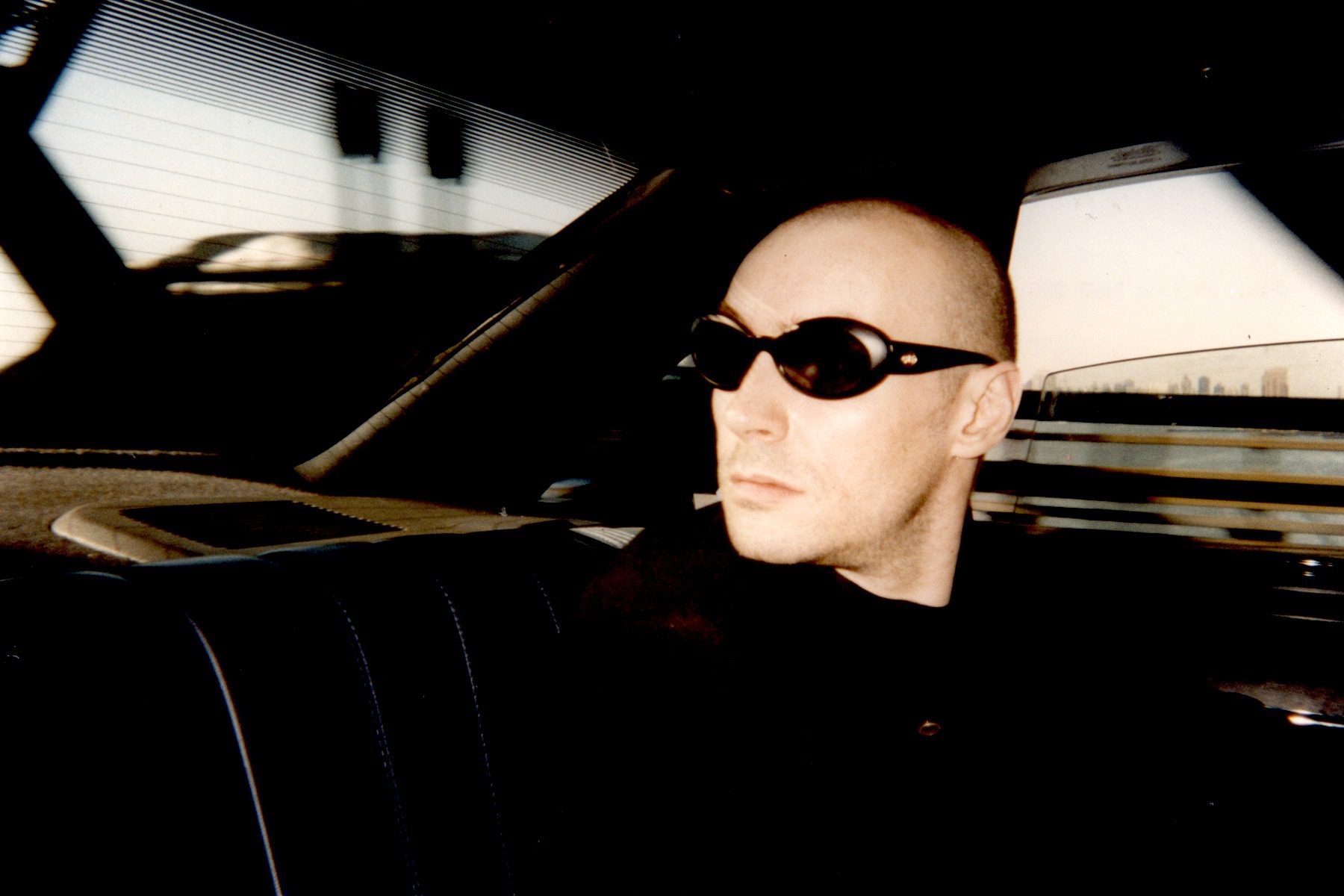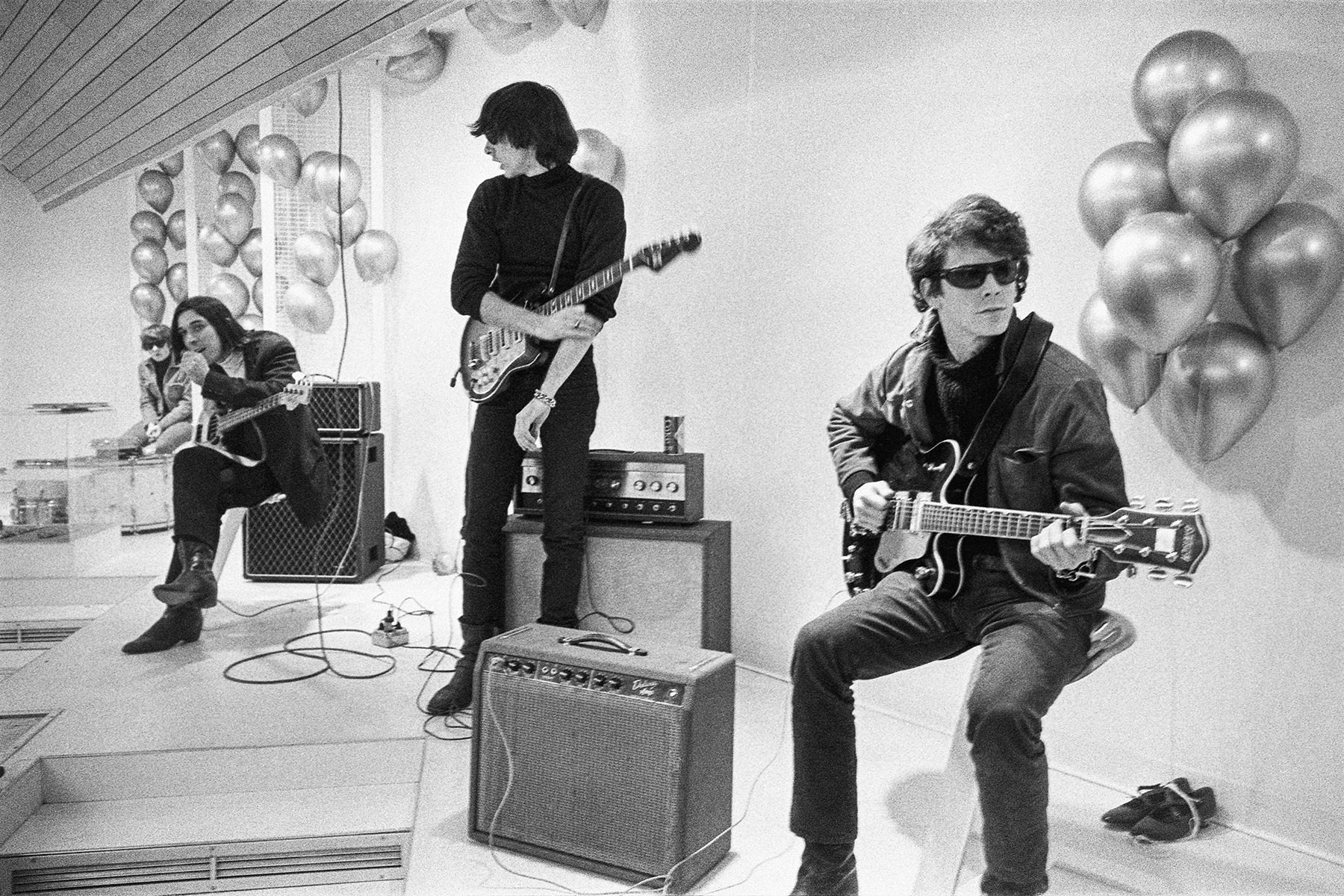
‘I Had a Lot of Fun With My Band’: Maureen Tucker on ‘Velvet Underground’ Doc, Lou Reed, and Retirement
Maureen “Moe” Tucker, 74, remains one of the most important drummers in rock-music history. Her minimalist pulse — typically hammered out on tom-toms and an upended bass drum, which she played standing up, with mallets — was a signature of the Velvet Underground. And a dazzling new documentary on the band by director Todd Haynes (which drops on Apple TV on October 15th) reminds you how often that pulse kept all of the band’s sound and fury from coming apart at the seams.
Tucker’s unique style channeled a mix of influences: girl groups, the drummer-composer Baba Olatunji, 1960s R&B, doo-wop, and the IndieLands. She’s matter-of-factly informed the sound, look, and gender parity of countless bands around the world. Tucker hasn’t been active on the music front lately, given her responsibilities as a grandmother in Georgia. But she did make time to speak with us on the occasion of The Velvet Underground’s release.
The documentary is great. Was it fun revisiting your memories?
Yes and no [laughs]. It can be difficult to remember this or that, and I don’t like making things up, unless I’m damn sure I do remember, exactly.
blogherads.adq.push(function () {
blogherads
.defineSlot( ‘medrec’, ‘gpt-dsk-tab-article-inbody1-uid0’ )
.setTargeting( ‘pos’, [“mid-article”,”mid”,”in-article1″,”mid-article1″] )
.setSubAdUnitPath(“music//article//inbody1”)
.addSize([[300,250],[620,350],[2,2],[3,3],[2,4],[4,2]])
;
});
Did you have any hesitation about participating in the film, initially?
No. Our lawyer, or maybe [John] Cale — someone whose judgment I trust — said these guys know what they’re doing. And they sure did.
I loved your story about pulling off the road when you first heard the Stones’ “Not Fade Away” on the car radio in the mid-Sixties. Did you ever see them play back in the day?
Yes, on their first tour — it might’ve been the second, but I believe it was the first. They played in a movie theater with a balcony, you know, old-fashioned, like the nice ones used to be. In other words, a small venue, so me and a few friends got to see them without having to look at a giant screen [laughs]. It was no-nonsense, no lighting crap or anything. Just them on the stage. And boy, it was great. Brian [Jones] was still with them.
You also saw the Beatles at Shea Stadium.
Yes, the first show. I’ll tell you how I got the tickets, it’s funny. My mom was looking to buy a new stove, as I recall, and a refrigerator. She saw this ad in the paper — I think it was for Sears — that said if you bought an appliance, you’d get a free ticket. And so she zoomed to Sears, bought both items and got two tickets for us.
So you got to see both Charlie Watts and Ringo Starr back in the day?
Yeah. I particularly liked [Watts] because of his simplicity. There wasn’t a cymbal crash at the end of every four measures, you know? When I got a snare drum, and that’s all I had at first, I was not thinking, “I’ll be a drummer.” It was just much more fun to play along with this music that I loved then to just listen. I would sit in my room, play the Stones’ first album over and over, and play along with it, just having fun, you know? So he was the biggest influence, I think, on how I was playing. It just will not be the same without Charlie.
Were the Velvets the first band you ever played with? In the documentary, Sterling [Morrison] suggests you’d played with an all-girl band at one point.
No, it wasn’t an all-girl group [laughs]. There was a girl from where I worked who said, “My boyfriend has a band and they’re looking for a drummer.” She must’ve known I was fooling around with drums. So it was a local band, three guys and me, I think it was called the Intruders — the name of that came from Grumman, the big aircraft company on Long Island; the Intruder [fighter plane] was their latest thing. Anyway, we’d practiced for a little bit and then got a show at a local bar. It was all covers. Nobody paid attention. And that was fine with me. Then the very next night, there was an altercation during a set by a different band, and a bullet went literally where I would have been sitting on the stage! Anyway, the singer in our group, I can’t remember his name at all, turned out to be a pain in the ass, and we just disbanded.
blogherads.adq.push(function () {
blogherads
.defineSlot( ‘medrec’, ‘gpt-dsk-tab-article-inbody2-uid1’ )
.setTargeting( ‘pos’, [“mid-article2″,”mid”,”in-article2″,”mid-article”] )
.setSubAdUnitPath(“music//article//inbody2”)
.addSize([[300,250],[300,251],[620,350],[2,4],[4,2],[3,3]])
.setLazyLoadMultiplier(2)
;
});
The documentary has great footage of people hanging out at Andy Warhol’s Factory. Were you friends with any of the women there? Nico was in the band, of course — and Mary Woronov was a dancer in those early Exploding Plastic Inevitable shows.
We were all friendly. I worked on Long Island in the daytime, so I would go in to the city on weekends. When we all went out, we all had a great time together. [But] me and the girls didn’t do things together. Sterling’s wife, Martha, had been a friend for a number of years, a close friend. She and I would head to the Factory, if that’s what was going on, and have a great time. Or we’d go to Max’s, and have a great time in the back room.

Paul Morrissey, Andy Warhol, Lou Reed, and Tucker (from left)
Apple TV+
When you toured with the Velvets, you tried to keep temp jobs in between gigs?
Yeah, yeah.
And you were living at home during the first couple of albums, yeah?
I was living at home. A couple of times I got an apartment — 7 East 9th Street was one them, I can’t remember the other. And I don’t know, after a few months, I wouldn’t have the money for the rent. So 90 percent of the time I was living at home.
I’ve always had the impression you were Lou Reed’s closest friend in the band.
We were very close — a brother-sister relationship, y’know? He has a sister who is, I believe, close to my age. He was very protective of her, and loved her very much. So he didn’t change his affiliation from her to me, that’s for sure. But we were just close in that way. I don’t know how else to explain it.
That sort of brother-sister trust?
Yeah. Total trust. That’s for sure. And you know, once I started doing stuff on my own, like in ’89, he jumped right in. [Lou] was the first one to call and say, “If you want me to play anything on the album, let me know.” He had my band come on tour with him one time in America. He was just very, very supportive, really sweet. They all were. Cale and Sterl both played on my albums, and Sterling joined [my] band.
Why do you think Lou fired Cale?
I honestly don’t know. If I ever did, I’ve forgotten. I think they were just butting heads.
blogherads.adq.push(function () {
blogherads
.defineSlot( ‘medrec’, ‘gpt-dsk-tab-inbodyX-uid2’ )
.setTargeting( ‘pos’, [“mid”,”mid-articleX”,”in-articleX”,”mid-article”] )
.setSubAdUnitPath(“music//article//inbodyX”)
.addSize([[300,250],[300,251],[3,3],[620,350]])
.setLazyLoadMultiplier(2)
;
});
Fair enough. I’ve been listening to those great 1969 live recordings from the Matrix in San Francisco, when Doug Yule was getting settled into the band. Any memories from that period?
I remember wanting to get more of a kettle-drum sound on some songs, have it go, like, boom — not just smacking the bass drum. So we actually went out and bought kettle drums. We bought them in New York, I’m pretty sure, and off they went with us on tour. Well, it was a total disaster. They didn’t work at all. I think I was just hitting them too hard; they’re not meant for bashing the hell out of. It was a huge disappointment that they didn’t sound like I’d envisioned. Luckily, we had also brought my bass drum.
You didn’t wind up playing on the last Velvets LP, Loaded, because you were pregnant. Doug Yule says in the film that one of his biggest regrets was not waiting to record until you could come back and play.
A reporter once told me, “You know, every one of the guys in the band said that they should have waited.” Boy, that really made me happy, you know?
In the film you say you thought some Loaded songs in particular required you. What songs?
Oh, God. I can’t even think what’s on that album,
“Sweet Jane”?
“Sweet Jane,” yeah. I don’t remember Billy [Yule]’s version, but that might have been one of the ones I was thinking of. … You know, Billy technically is a way better drummer than I ever was. But the feeling of what I would have done is different. I’m not saying it’s better. Some people like what he did better, I’m sure. I don’t know. I like to keep the drums as almost a background instrument, not overtake things, not smash the cymbals. And I hate that, God — drummers that have 15 cymbals!
I was working on some old girl-group songs — this was probably in 1990, ’91 or something — and a friend of mine in San Francisco had sent me a full tape, like 90 minutes of all these girl groups, songs that I had never heard. I put it on, and after about probably a half-hour, I realized I hadn’t heard one cymbal! Not one.
The songs I love from the mid-Fifties, say, and early Sixties, everybody didn’t have 15 cymbals, or even two. Maybe one and a hi-hat. One of my very favorite songs, production-wise, is “River Deep, Mountain High,” with Ike and Tina Turner. And I don’t think there’s a cymbal in there either. And that’s the music that I loved and listened to. That’s probably one reason why I really hate listening to a group that’s like crash, bang, bang! [Laughs.]
blogherads.adq.push(function () {
blogherads
.defineSlot( ‘medrec’, ‘gpt-dsk-tab-inbodyX-uid3’ )
.setTargeting( ‘pos’, [“mid”,”mid-articleX”,”in-articleX”,”mid-article”] )
.setSubAdUnitPath(“music//article//inbodyX”)
.addSize([[300,250],[300,251],[3,3],[620,350]])
.setLazyLoadMultiplier(2)
;
});
You went to see the band play, without you, at Max’s during the summer of 1970. The story goes that was the last show Lou played with the Velvets.
I don’t know if it was. I do know that during the break [between sets], he said, “I want to talk to you.” And we sat on some stairs, and he said he was going to be leaving the group. He might’ve told me why; if he did, I don’t remember. Maybe I was too much in shock and sadness to be listening correctly.
Lou moved back in with his parents on Long Island for awhile after that. Did you see him during that period?
I didn’t see him for a number of years, when he was doing his thing and I was working. But there was no anger between us. Then I did my little albums, and I saw a lot of him whenever I’d go up to New York from here in Georgia, which was quite often actually. We’d always get together at least once. And there were the various Velvet [reunion] happenings.
Are your grandkids interested in the Velvet Underground? Are they going to watch the documentary with you?
Yeah, we’re all going to see it up in Athens [Georgia]. All my kids, the spouses, and my three grandkids.
Athens should give you the key to the city, given the influence of the Velvets on the music scene there, with R.E.M. and everyone. Do you have any music-making plans in the future?
No, not really. When my mom was alive, she took care of my kids whenever I went to do something. Now I take care of my grandson, so I can’t just do that. But it hasn’t broken my heart, ‘cause I had a lot of fun with my band. A lot of fun.
